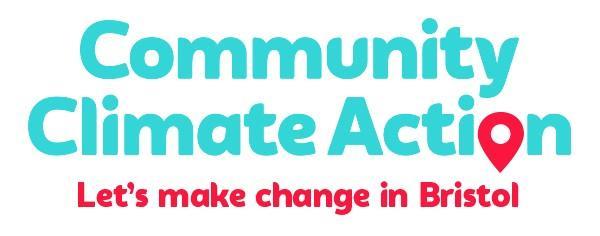
"I can't do anything to make a difference with climate change. I'm just one person."
It's a common phrase and in many ways very true. But once people come together in neighbourhoods and communities and really understand how their individual and collective actions affect climate change, it starts to become clearer to see exactly how we each make a difference - positive or negative.
That's why Bristol's Community Climate Action project has worked with the Centre for Sustainable Energy (CSE) to produce detailed carbon footprints for Bristol communities to support six local organisations in their work to tackle the climate crisis. Bristol’s Community Climate Action project is supporting Ambition Lawrence Weston, ACH, BDEF, Eastside Community Trust, Heart of BS13 and Lockleaze Neighbourhood Trust to play a leading role in helping to reduce Bristol's overall emissions and move to become a greener city.
The community organisations have developed plans which outline key local priorities for both improving the quality of life of residents, and reducing carbon emissions.
The carbon footprint reports produced by CSE highlight which activities undertaken by residents are responsible for emissions, all organised under the following themes: housing; transport; food and diet; goods and services and waste management.This gives the community organisations a clearer sense of where work is most needed, and will support their plans moving forwards. Here's the report for Eastside Community Trust.
The carbon footprint reports are a novel means of supporting grassroots climate action. Though CSE earlier this year provided sophisticated carbon footprinting for civil parishes, collating these data for inner-city communities and specific demographics e.g Disabled people or a refugee community within a city is an approach being pioneered through the Community Climate Action Project.
Gaining clarity around which activities are responsible for carbon emissions, and to what extent, helps us to understand which key areas of change are most needed to reduce emissions and create positive change. It also allows us to properly distinguish between areas in which change can be achieved by individuals and communities, and where systemic change - at the national or global level - is required. Of course every individual needs to play their part in taking climate action, although research shows that politicians bear the main responsibility for making policy change at the speed required to avert the worst effects of global heating. So let’s keep make our changes at home and in our communities, and keep asking our elected representatives to support political change for the better as we approach COP26 in November.